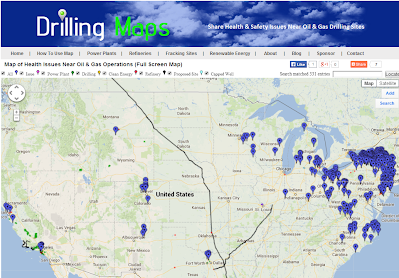Several states and municipalities in the United States have implemented bans or restrictions on hydraulic fracturing (fracking) to varying degrees. Here are some notable examples:
New York: In 2014, the state of New York banned high-volume hydraulic fracturing statewide. The decision was made following a comprehensive environmental review that highlighted potential risks to public health and the environment.
Maryland: In 2017, Maryland passed legislation prohibiting fracking throughout the state. The ban aims to protect water resources and public health.
Vermont: In 2012, Vermont became the first state in the U.S. to ban fracking. The ban prohibits all forms of hydraulic fracturing for oil and gas extraction.
Washington: In 2021, Washington passed a law banning hydraulic fracturing for oil and gas extraction. The ban makes it unlawful to engage in fracking activities within the state.
Oregon: In 2021, Oregon implemented a 10-year ban on fracking for oil and gas exploration and production. The ban aims to allow time for further studies on the environmental and health impacts of fracking.
It's important to note that fracking regulations and bans can vary at the local level as well. Many municipalities and counties in states such as Colorado, California, and Pennsylvania have implemented their own restrictions or bans on fracking within their jurisdictions.

